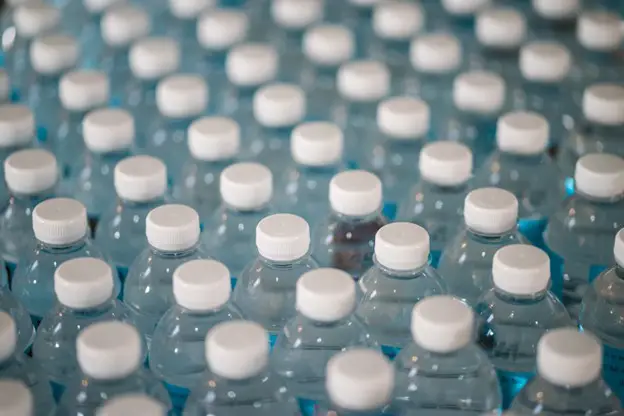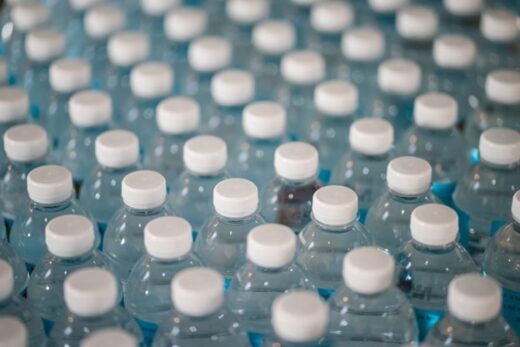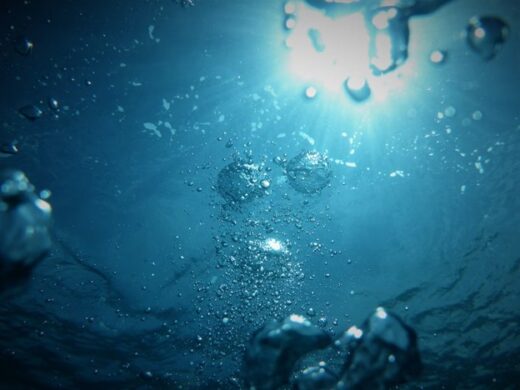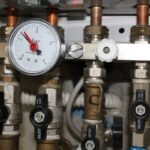A guide to storing an emergency safe drinking water, BPA-free container, Property garden impression advice
A Guide to Storing an Emergency Safe Drinking Water
3 July 2022
Water is essential to human life. In an emergency situation, clean drinking water is crucial for survival. Many people don’t know how to store safe drinking water in case of an emergency. In this blog post, we will discuss the best ways to store water for emergencies. We will also talk about the importance of having a backup plan in case of a water shortage. Stay safe and prepared!
Consider The Container – Storing emergency safe drinking water
When it comes to storing water for an emergency, the container is just as important as the water itself. Make sure to choose a food-grade container that is made of durable material. Choose plastic water tanks or containers that are BPA-free and can be sealed tightly. Avoid using containers that have been used to store chemicals, as they may contaminate the water. Also, make sure the container is clean and free of any debris before filling it with water.
You should also avoid heavy containers that would be difficult to move in an emergency. Choose lightweight containers that can be easily carried by one or two people. If you are storing a large amount of water, you may need to use multiple containers. Be sure to label each container with the date it was filled and the expiration date.
It’s also important to have a backup plan in case of a water shortage. If you live in an area that is prone to drought, consider investing in a water filtration system. This will allow you to purify water from sources like rainwater or streams. A water filtration system is a great investment for any family, as it can be used in everyday life as well as in an emergency situation.
Where Should You Store Your Water
The water should be stored in a cool, dark place. The best option is to store the water in a basement or closet. If you do not have a basement or closet, you can store the water in an unused room. Make sure to label the water so that you know it is for emergency use only. You should also store the water in a safe place, away from any potential hazards.
Another thing to consider is how much water you should store. The general rule is to store at least one gallon of water per person, per day. However, you may want to store more water if you live in a hot climate or if you have young children or elderly family members. It is better to have too much water than not enough.
Purify Your Water Supply
One of the most important things you can do to prepare for an emergency is to purify your water supply. Depending on the severity of the emergency, you may not have access to clean drinking water for days or even weeks. That’s why it’s important to have a plan in place to purify your water supply so that you and your family can stay hydrated.
There are a few different ways to purify your water supply. One way is to boil the water for at least one minute. This will kill any bacteria or viruses that may be present in the water. Another way to purify your water is to use a water filter. There are a variety of different water filters on the market, so it’s important to choose one that is rated for the specific contaminants you’re concerned about.
No matter which method you choose to purify your water, it’s important to have a plan in place so that you and your family can stay hydrated during an emergency. By taking the time to prepare now, you can rest assured that you’ll have access to clean drinking water when you need it most.
When Should You Replace Your Emergency Supply?
If you live in an area that is prone to natural disasters, it is important to have a plan in place for how you will obtain safe drinking water. Part of this plan should include storing an emergency supply of safe drinking water. But how long can you store water and still be confident that it will be safe to drink?
The answer to this question depends on a number of factors, including the type of container you are using to store the water, the temperature and humidity of your storage area, and whether or not the water has been treated. Generally speaking, though, most experts recommend that you replace your emergency supply of drinking water every six months.
If you live in an area with a high risk of hurricanes, you may want to consider replacing your water more frequently. The same goes for areas that are prone to flooding or other significant weather events.
What Source Should You Get Your Water From
There are many sources of water that you can use for your emergency drinking water. The best source of water is from a natural spring or river. These sources of water are the purest and will not have any contaminants in them. If you cannot find a natural source of water, then you can use a municipal water supply. This type of water is treated and will be safe to drink. You should avoid using water from a well or a private water supply, as these sources of water may not be safe to drink.
In case of an emergency, it is important to have a plan for how you will get your water. You should have at least two sources of water that you can use. One source should be used for drinking and the other source should be used for cooking and cleaning. If you only have one source of water, then you should boil the water before using it. This will kill any bacteria that may be in the water. To ensure the safe transportation of Drinking water, you should always prefer high-quality Drinking water supply Systems from companies like Uponor.
No matter what type of emergency you are facing, it is important to have a plan in place for how you will obtain safe drinking water. By taking the time to prepare now, you can rest assured that you and your family will have access to clean drinking water when you need it most.
Comments on this Guide to Storing Emergency Safe Drinking Water article are welcome.
Drinking Water
Drinking Water
Zip Water HydroTap drinking water system
Buying Under Sink Water Filter for the Home?
Consider a Faucet-mounted Water Filter
Landscape Design
Landscape Posts
What is Landscape Architecture
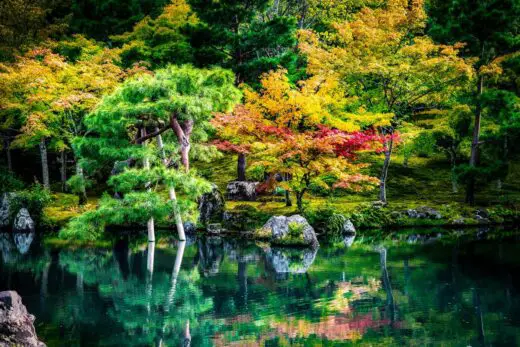
Landscaping and garden design ideas for your outdoors
Top 3 factors for planning new landscape design
Building Articles
Residential Architecture
Comments / photos for the A Guide to Storing an Emergency Safe Drinking Water page welcome

